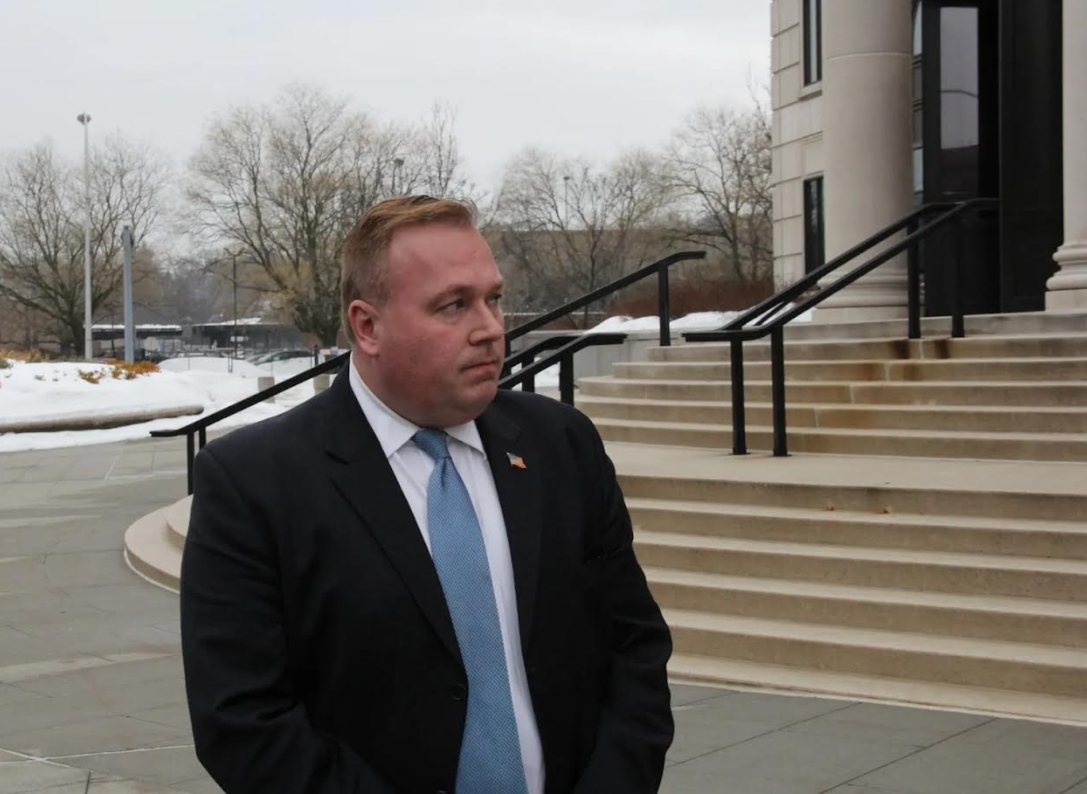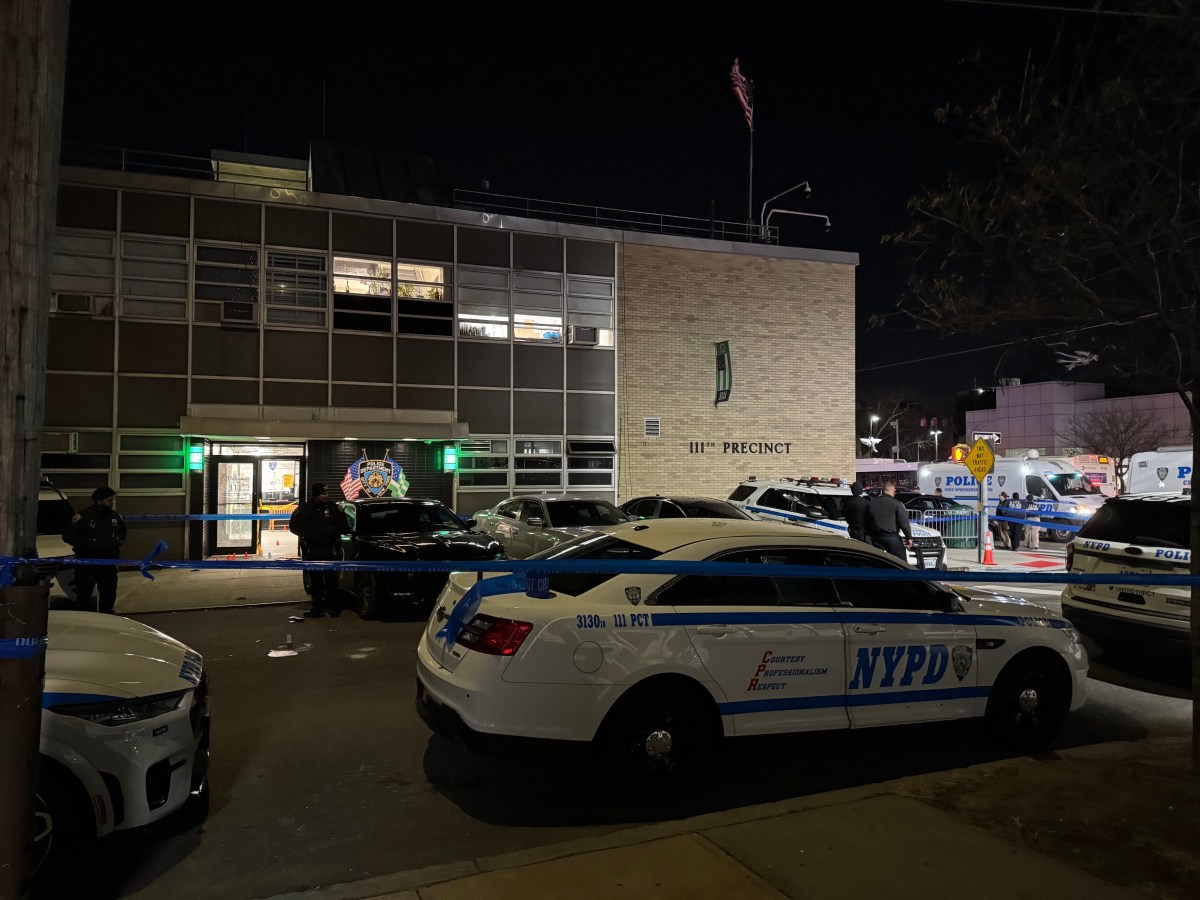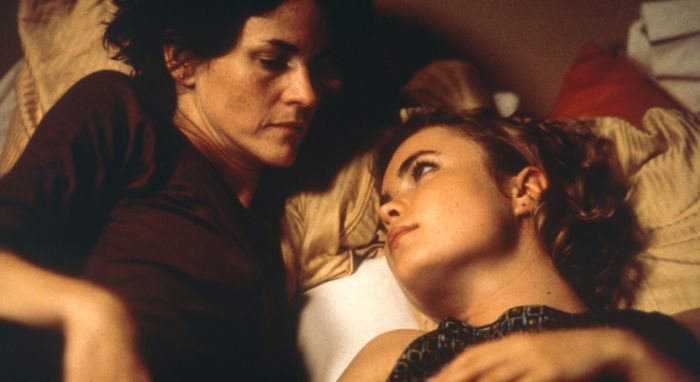
Timothy Little’s subway rapping career started by accident, while he was listening to some music too loud on his headphones six years ago. He didn’t realize he’d been rapping audibly. He peered to his side — half the train was watching. Someone said he was pretty good.
One day he tried performing for real, one stop before his home in Canarsie so it wouldn’t be too embarrassing if he bombed. But a woman gave him 5 dollars. Five dollars for two minutes work.
Little stared at the bill in his hand and got to calculating. There were Pampers to buy for his son. Not long after, he lost his job at a Brookstone on the Upper East Side. A dispute about him using the store’s depleted batteries to power his Walkman, he says. He put it behind him. Went onto the train.
There’s money to be made on the subways, even today, when police officers discourage showtime dancing below ground. There are guitar players who try to do a one-stop song; candy sellers competing with straphangers staring down at their phones. But maybe these distracted times call for Little’s talents. He’s as relentless as those other performers, but he takes his time with a performance, which can last for multiple stops. He’s got good comic timing along with decent flow, and a good ear for hot topics in politics. And mostly, he seems right at home in the subway: “This is my stage,” Little says.
Maybe you’ve seen the 32-year-old on a Brooklyn-bound A train or an uptown 4-5-6. Or rather, you hear him first: the attention grab through a gravelly portable speaker, not too loud to draw too much police notice, just the right cadence to sound like an official subway announcement.
“Attention please, this is your conductor speaking. There is a giraffe on the tracks and this A is going express. Next stop Mott Avenue.”
The earbuds fly out of ears. The phone lookers look up. He continues: “If you see a giraffe on the tracks, tell a police officer or an MTA employee.” Laughter or relief ensues.
And then he begins his set, which these days tends to be a tour of national politics from Sandra Bland to Charlottesville, saving some meaty sections for Trump: “The KKK are evil. How you turn around and say they’re very fine people.”
Later: “How he get elected and he violating women. How he get elected and he not a politician.”
Over a backing track from Nas’s “One Mic,” Little toggles from bars about police brutality and domestic violence to Trump’s immigration policies.
It’s a profitable message for Little, a better hustle than others. Even if he makes around $3 a car — which he says is lower than average — that can work out to $1,000 a week by going up and down the train for a few hours a day. Enough to pay for a room in East Flatbush. On a recent afternoon on a downtown A, he was doing better than average. His giraffe joke got the attention of young men who pulled out their phones to record, their wallets to donate. On the other side of the car, a young girl gave him an apple and cautiously asked if he was allowed to rap on the subway. “Freedom of speech,” he said. And then another bill from a man carrying a copy of the New York Times folded in a tote bag.
In the next car, a minister missed his stop during Little’s performance, but cheered up as he listened to the music. Afterwards, he came over to shake Little’s hand.
“That’s real positive,” said the minister, Mark Horton, 52. “Just keep it positive.”
His is a hectic workplace: people jumping up and screaming for no reason while he’s singing, others trying to grab the mic. “I work in the nuthouse,” Little acknowledges.
You might think Little would be taking the kudos and looking for a musical future above ground. Trying to find a manager, or hawk CDs.
But he says he’s satisfied with the hustle as it is, partially because the subway’s more than a money maker, more than a stage, when you’re in it for hours every day. It can be dizzying, running from one car to the next, pulling people out of their daily commutes enough to earn a dollar. Rinse, repeat. But the hustle is predictable, comfortable. Even the subjects of his raps are far away aboveground. Down below, an escape.
Friends ask him how he stays calm, how he fends off whatever gets thrown at him in a lifetime bouncing around Brooklyn; how he rarely gets angry. To Little the answer is easy: “It’s the train.”































